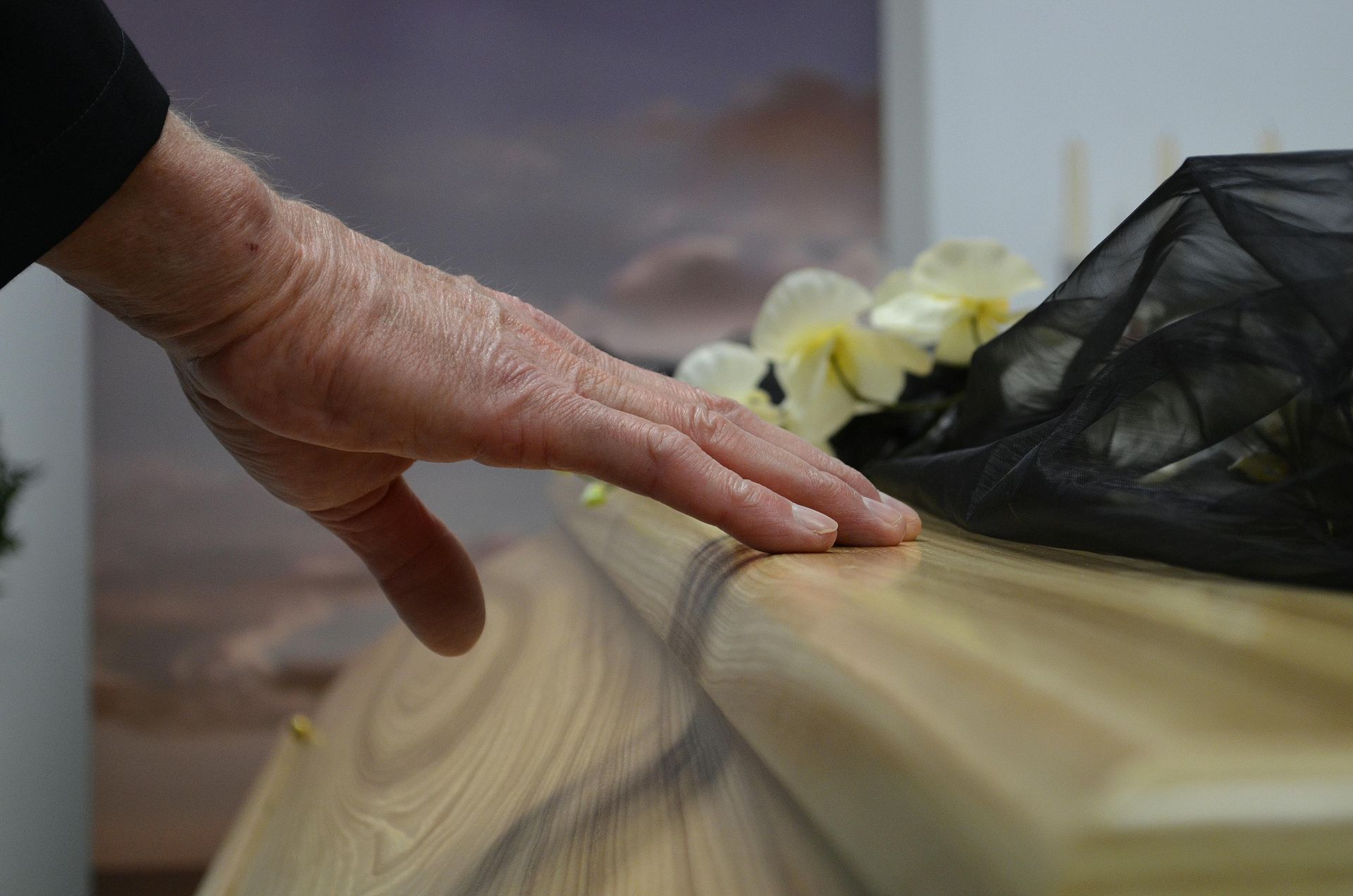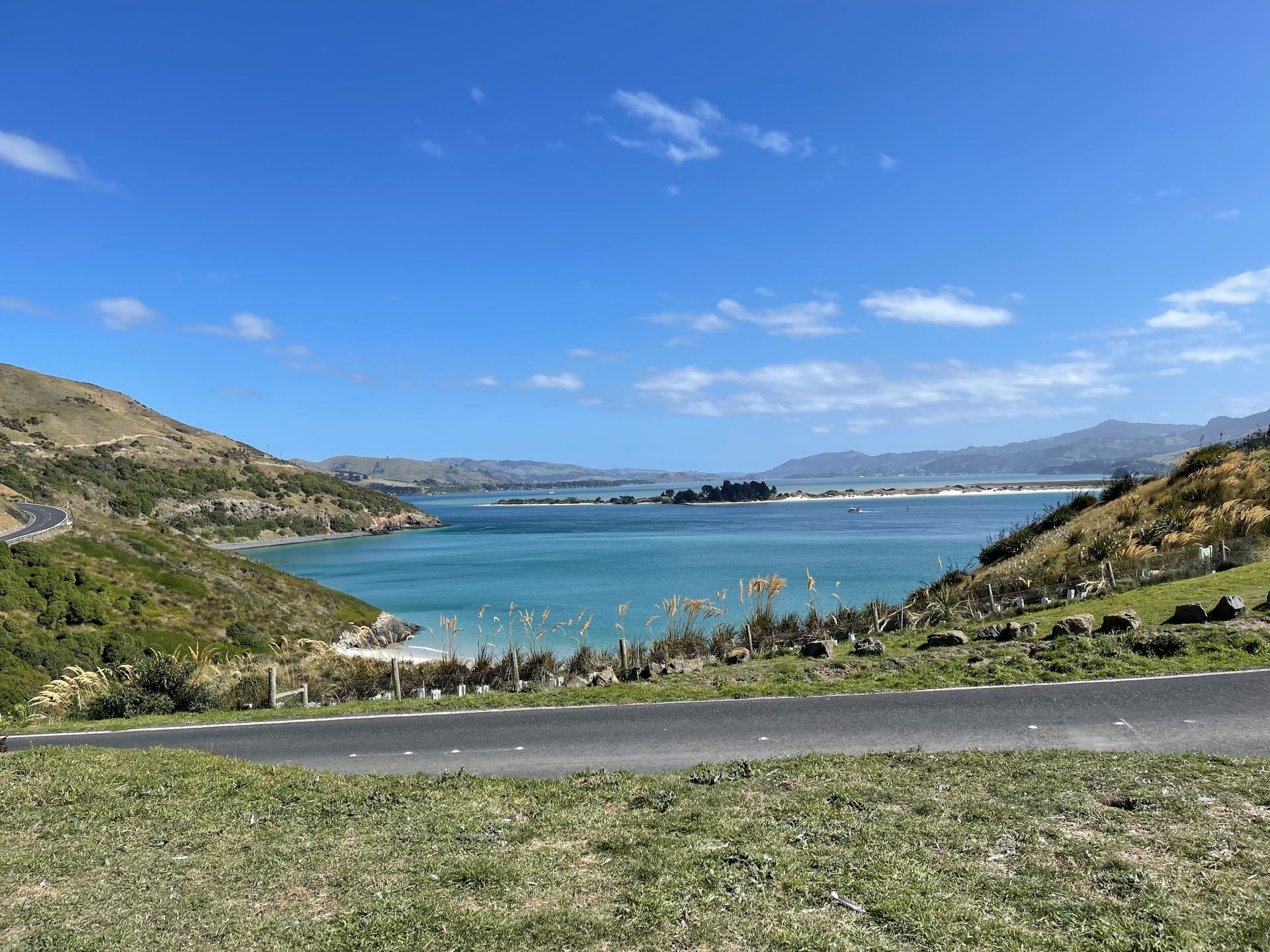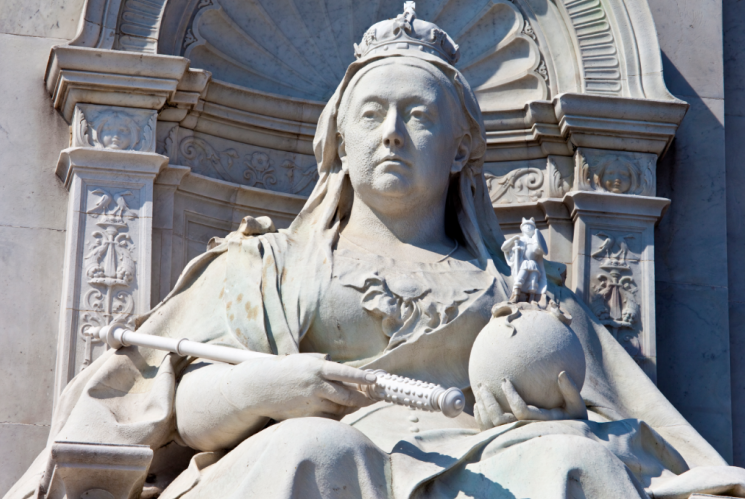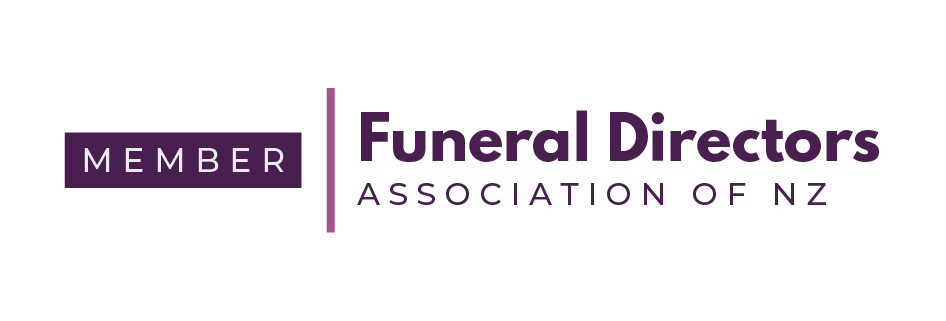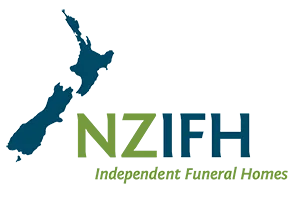Funeral directors and celebrants. What is the difference
This is a question we are asked quite often so we thought it would be useful to explain how the different
roles co-ordinate for our business.
The funeral director
organises the big picture arrangements. From small family gatherings to large public funerals the director is, in effect, the event planner. They guide, support and advise on the options, co-ordinate the practical arrangements and make it all work.
The funeral director makes contact with the celebrant and puts them in touch with the family.
The celebrant
will spend time with the family to learn about the essence of the person who has died, and will then distil
this knowledge into a meaningful ceremony. Celebrants will often craft the eulogy or life story as well.
After their initial meeting with the family, they will coordinate with the funeral director and advise on
the order of service and any requirements or cultural needs. On the day of the funeral, they work closely
with the funeral director and the family to ensure the ceremony runs smoothly.
We work regularly with a number of local celebrants. Often the timeframes for funerals are very tight so
excellent time management and organisational skills are critical.
A good memory for names and faces, being empathetic, skilled in navigating family dynamics and
having a clear speaking voice are important attributes of a successful funeral celebrant. Having a gift for
writing is an added bonus.
Celebrants set their own fee and in most cases we pay them directly and add that cost to the funeral account.
Unlike for weddings, funeral celebrants are not required to be registered, and for less structured
farewells, sometimes a family member will act as a celebrant or as a M.C.


